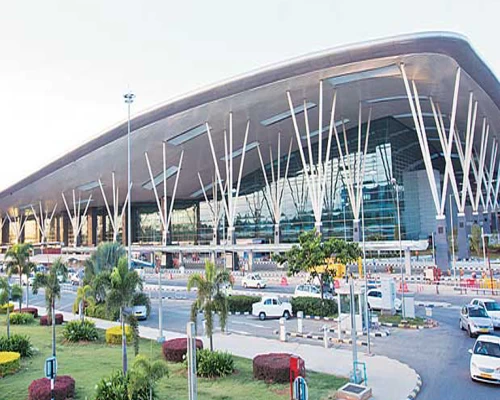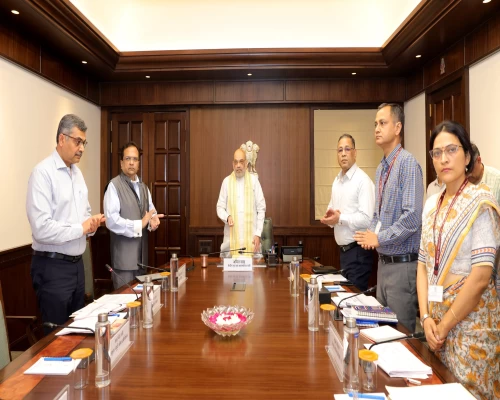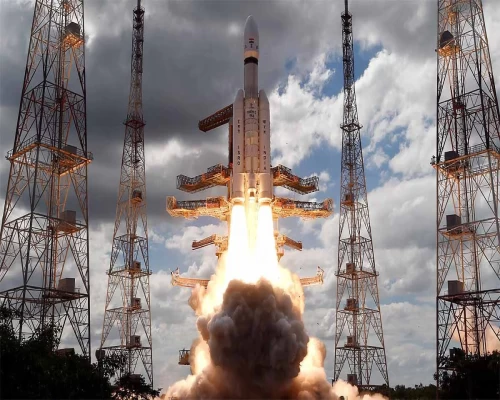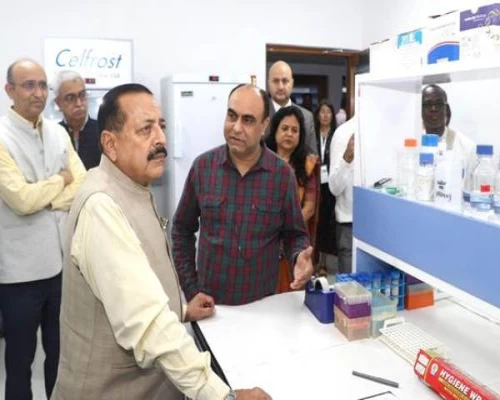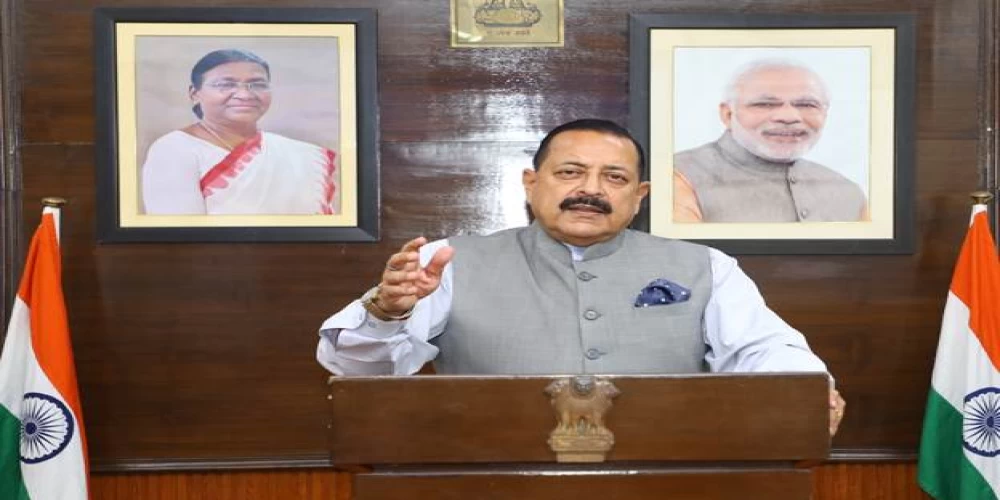
New Delhi: Making another significant step towards positioning India as a global economic leader and a key player in promoting a greener planet, Minister Dr Jitendra Singh today inaugurated the country’s first Demonstration Facility for Biopolymers at Jejuri in Pune, remotely from New Delhi. The facility, developed by Praj Industries, is a pioneering step towards advancing bioplastic technology in India.
Dr Jitendra Singh highlighted the importance of this first-of-its-kind facility, emphasising that it marks a crucial milestone in India's journey towards producing Polylactic Acid (PLA) bioplastic using indigenously integrated technology. He stated that this development is vital for India's commitment to sustainable alternatives and its efforts to reduce reliance on fossil-based plastics, which are a major contributor to the global plastic pollution crisis.
In his address, Dr Singh reflected on India's impressive strides in science and technology, noting the country's emergence as a major global destination for innovation, spurred by Prime Minister Narendra Modi's vision of making India self-reliant. He added that India’s bioeconomy had surpassed $150 billion in 2023 and is projected to reach $300 billion by 2030.
Dr Singh further noted that the government's emphasis on green growth, as reflected in the 2023-24 Union Budget, aligns with the Prime Minister’s ambitious goal of transforming India into a net-zero carbon economy. The 'Lifestyle for the Environment (LiFE)' initiative launched in October 2022 also aims to balance India's objectives of self-reliance and sustainability. He also highlighted the approval of the BioE3 (Biotechnology for Economy, Environment, and Employment) Policy by the Department of Biotechnology (DBT), describing it as an essential step in ensuring sustainable growth amid challenges such as climate change and the depletion of non-renewable resources.
India now ranks 12th globally in biotechnology and 3rd in the Asia-Pacific region, Dr Singh added. The country is not only the largest vaccine manufacturer but also the third-largest startup ecosystem. India’s biotech sector, particularly in terms of startups, has witnessed significant growth, with the number of biotech startups surging from around 50 in 2014 to over 8,500 by 2023. This growth, he said, places India at the forefront of the global bioplastics movement, demonstrating how biotechnology can support a cleaner, more sustainable future.
Dr Singh also stressed the importance of partnerships between industry, academia, and government in transforming innovative ideas into real-world solutions. The new facility, he said, symbolises India’s ability to lead in technological innovation, offering a sustainable approach to minimising environmental impact. He concluded by calling for broader collaboration across sectors to help India achieve its long-term goals in biotechnology, positioning the country as a prominent global player in this field over the next 25 years.
BI Bureau




